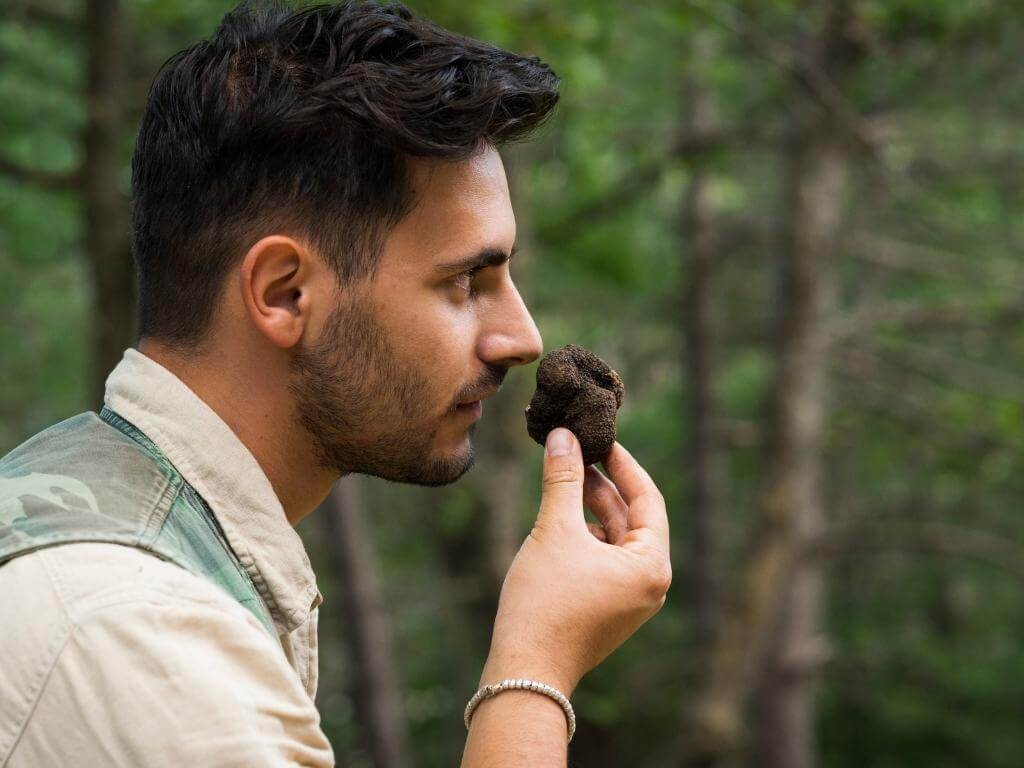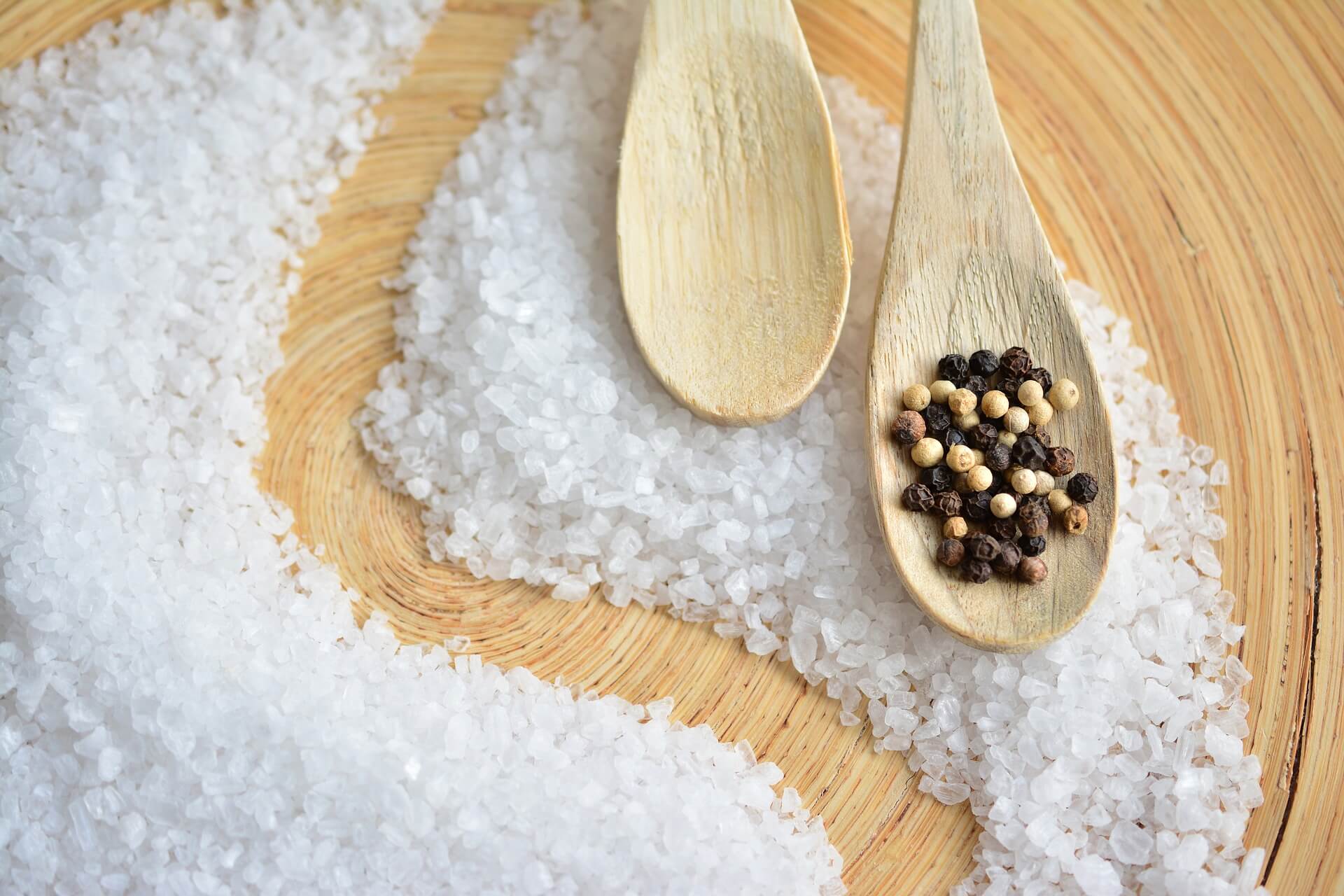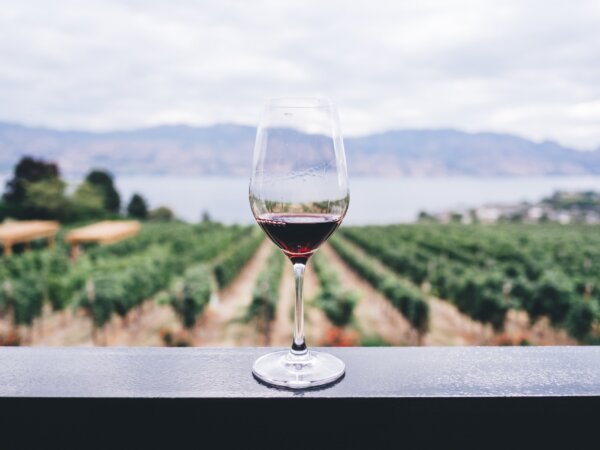There are many common questions about truffles, and if you mention the word there are generally two responses. The most popular one seems to be “I love those chocolates from Costco!”. Casting a wider net, especially to the gastronomic world, a very different response may emerge and it may be wordless – closed eyes, a rapturous smile, and memories of culinary delight in Italy or France. Which response would yours be?
If your answer is the first one, then this article is an opportunity to expand your knowledge of truffles. If your answer is the second, you may know some of this already. In any case, come along to explore five of the most frequently asked questions about wild (not farmed) truffles. Since ancient times, these would be the truffles of Italy and France, now coveted in kitchens around the world.
“Man created immunisation antibiotics and the computer, he travels in space and plants flags on the moon…but he has not yet discovered how to make truffles.”
M. Burnet, 1988
Are Truffles Mushrooms?
There are many questions about truffles, and a common one is if they’re mushrooms. Truffles are fungi with fruiting bodies. That’s what they have in common with mushrooms and basically where the similarities end.
Truffles have two fundamental characteristics that differentiate them from mushrooms. First of all, truffles grow underground, while mushrooms grow above ground. Secondly and perhaps most important, truffles have a potent aroma and intense flavour. Mushrooms have neither. Also, while mushrooms can be eaten raw or cooked, truffles lose their flavour when cooked. In the end, if you want to call truffles mushrooms, we won’t split spores about it.
Know that there are thousands of truffle varieties and not all are edible. The most prized wild truffles, in order of rarity and expense are: the white, from the Piedmont region of Italy, the black or Perigord from France, and the Burgundy, found in many European countries.
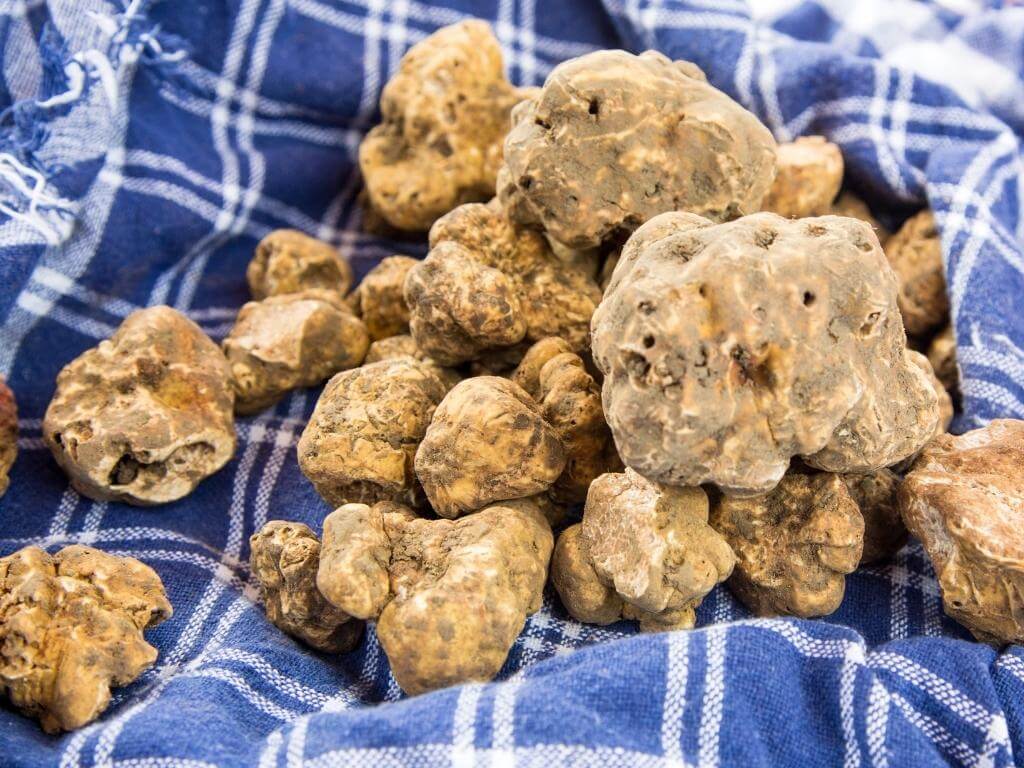
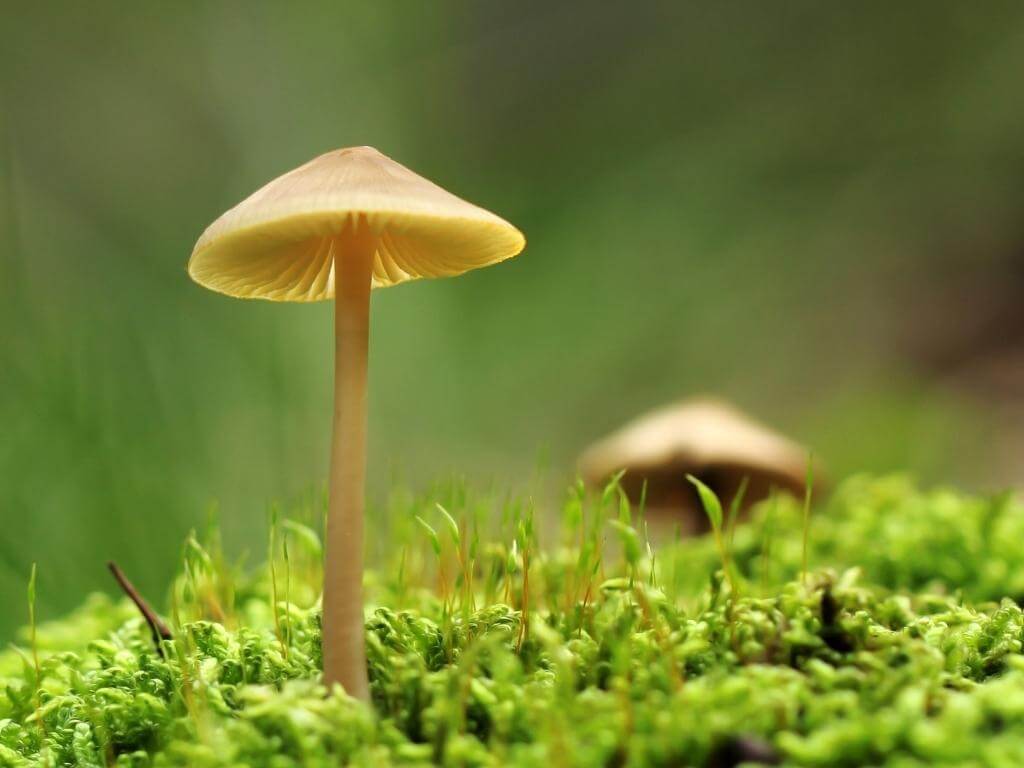
Where and How do Truffles grow?
The most precious truffles – the white ones – are found in the northwest region of Italy, called Piedmont. It is here where the combination of specific prehistoric soil, trees, and climate create the perfect environment for truffles to thrive.
This is where the truffles and trees connection comes in. Trees such as oak, lime, hazelnut, beech, poplar, and willow are ideal hosts for the spores of the white truffle. Simply put, trees help truffles grow and truffles help trees grow. This symbiotic relation, which is called mycorrhizal, (from the Greek myco meaning fungi and rhiza meaning root) is a natural phenomenon that has been in play for over 450 million years. What happens in this mutually beneficially relationship is that fungi spores attach to the roots of trees, and then grow by absorbing sugar (obtained through photosynthesis) from the trees. The trees rely on the spores for providing moisture and nutrients like phosphorous to help the tree grow. It can take years for the spores to become mature truffles and this only happens when all three elements – soil, trees, and climate – are in harmony. Click here to watch a video about it.
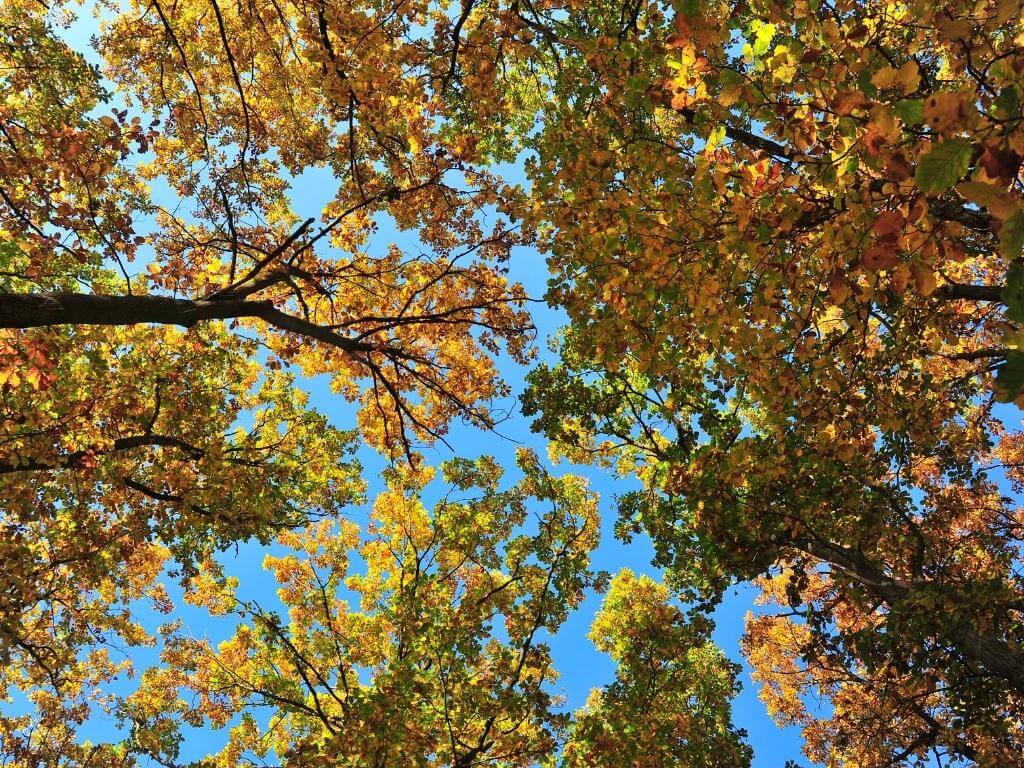
Why are Truffles so Expensive?
There are many reasons why truffles are expensive. For starters, truffle yields are diminishing rapidly. Rarity increases price. France’s production of truffles peaked in the 1890s at about 2,000 tons per year. Today, production maxes out around 20 tons annually.
Furthermore, truffles take a long time to mature, anywhere from 7-10 years and sometimes decades. It’s a serious investment of time and patience to make a living truffle hunting, not to mention the criminal element that has infiltrated the industry. But that’s for a future post.
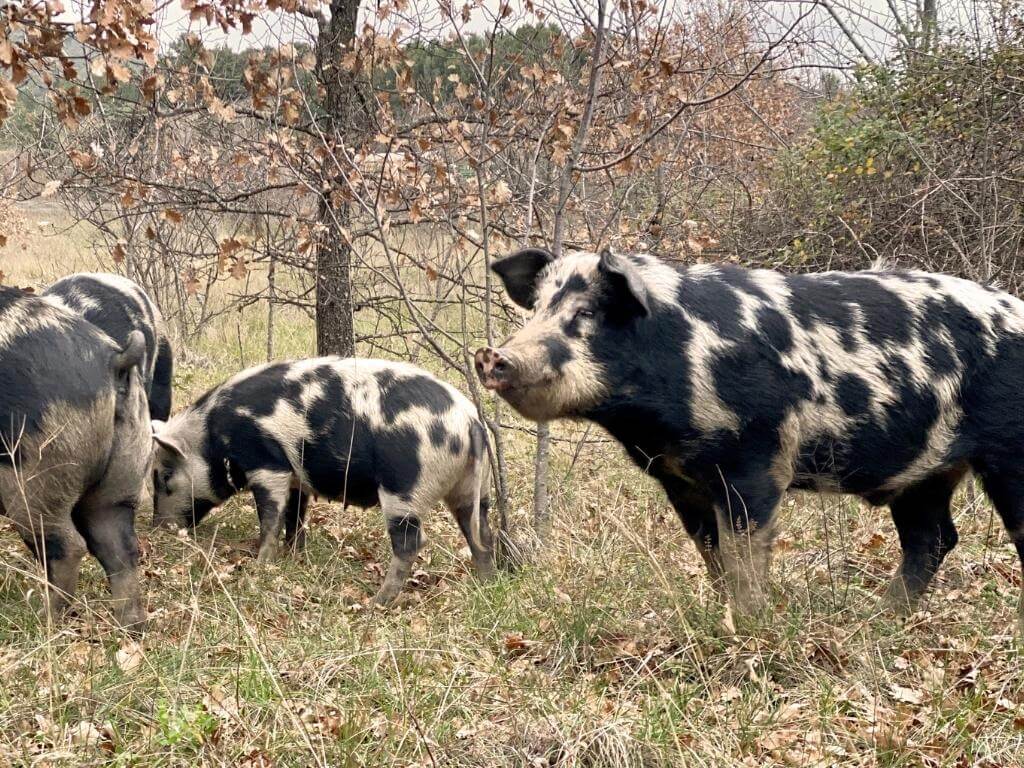
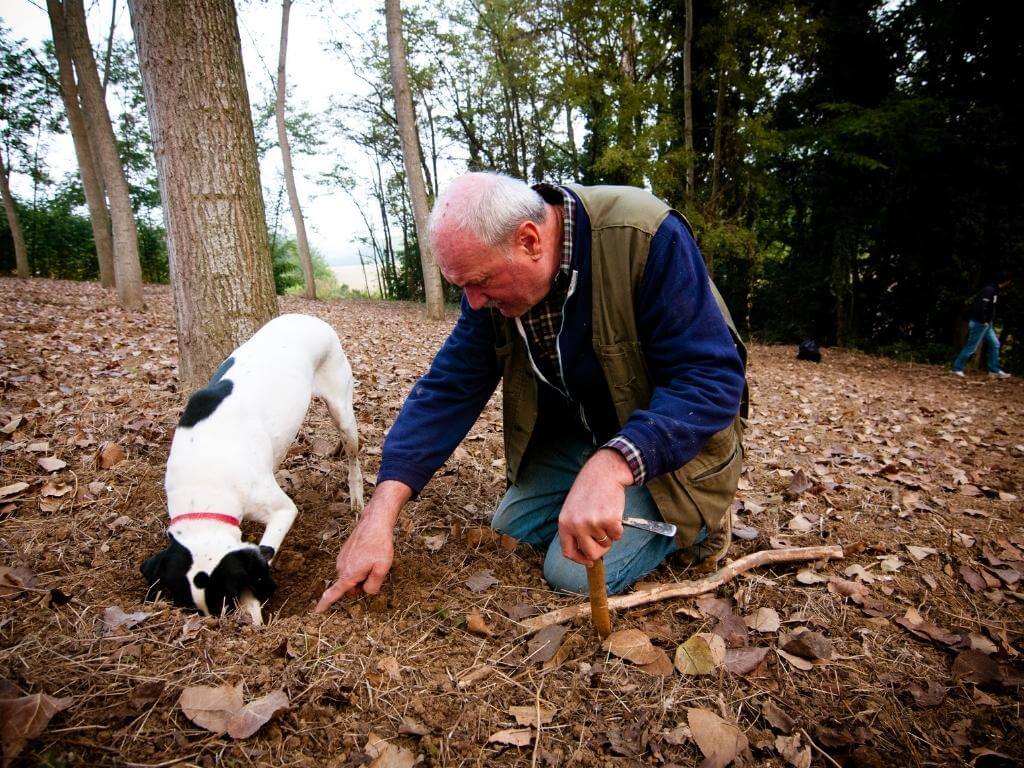
Another reason is related to the manner of harvesting the truffles. Here is where the pigs come in! It turns out, truffles produce a chemical compound that is very similar to a sex hormone that male pigs expel through their saliva. Female pigs in heat are highly attracted to this hormone and will seek it out ‘ferociously’, often damaging the truffles or eating them. As a result, Italy banned truffle hunting by pigs in 1985. Now, dogs are used since they can be trained to find the truffles, but not eat them and instead accept a substitute treat. Trained truffle hunting dogs are expensive as well. Humans are not effective at finding truffles since our sense of smell for the task is woefully inadequate.
Climate instability and global warming may be impacting truffles. According to Ayme-Truffe, a multi-generational truffle hunting and producing family, the ideal temperature (for the black truffle), is “cold winters without much frost, humid and mild springs, and hot and dry summers” with favourable July and August precipitation. Now more than ever, climate conditions are increasingly unpredictable and potentially harmful for the growth of truffles.
Finally, truffles are seasonal. Since they are only on the market a short period of time (white truffles are harvested between October and December), they can create buying frenzy and competition among hunters and wholesalers which can greatly influence the price.
How Much do Truffles Cost?
Truffles vary in price, with the white truffles commanding the highest prices. Information on truffle pricing from Truffle Farm, a daily truffle price tracker, notes that 2021 Retail prices ranged from $5USD/oz. for Chinese Black Truffles to $211 US/oz. for Italian White Truffles. Prices vary based on species, size, and supply.
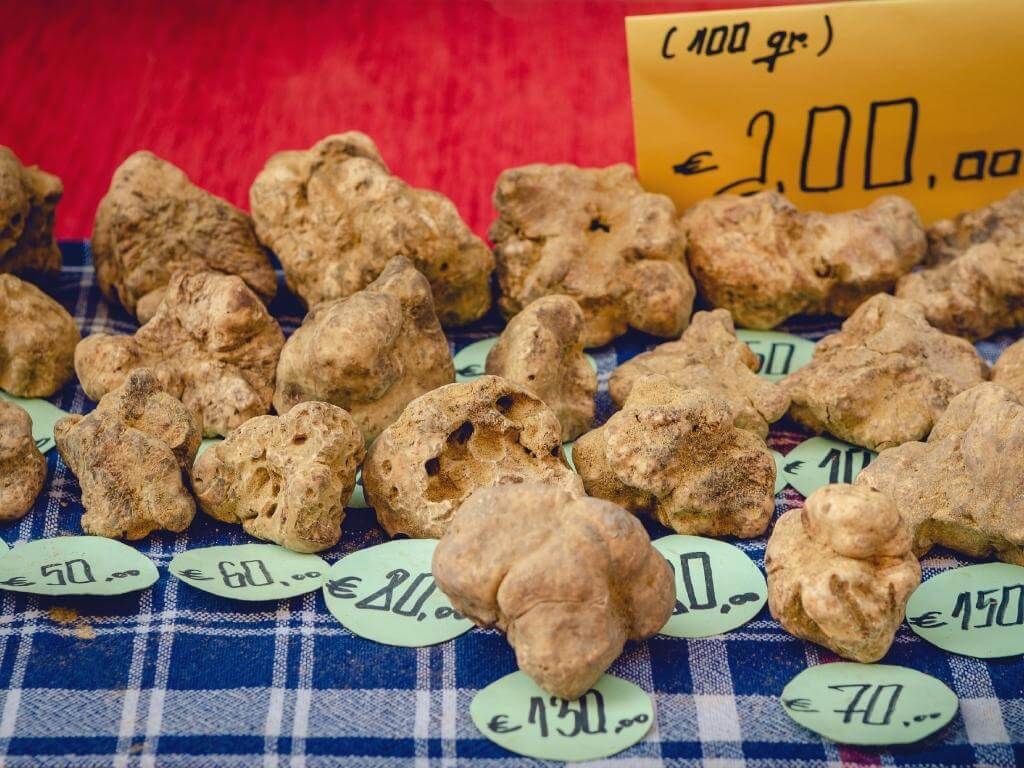
How are Truffles Used?
The main use for truffles is in cooking. Because of their intense aroma, a little goes a long way. Often, they are shaved thinly on top of pasta, salads, or eggs. Truffle flavour has been infused into a number of products such as salt, honey, oil, and surprisingly, even chocolate. However, one cannot always be sure that the truffle flavour is natural; it may be synthetically produced. Buying from reputable producers is a must to ensure integrity and value of the product.
The best way to become familiar with truffles is to savour them in a well-prepared and simple dish. Let your palate guide you to discover this unique, often misunderstood, and equally highly appreciated gastronomic phenomenon. What will your tastebuds say if they could speak?
What Other Questions about Truffles do You Have?
If you have any other questions about truffles, leave them in the comments below. Want to go truffle hunting with MP TOURS? Visit our tour page for more information.
